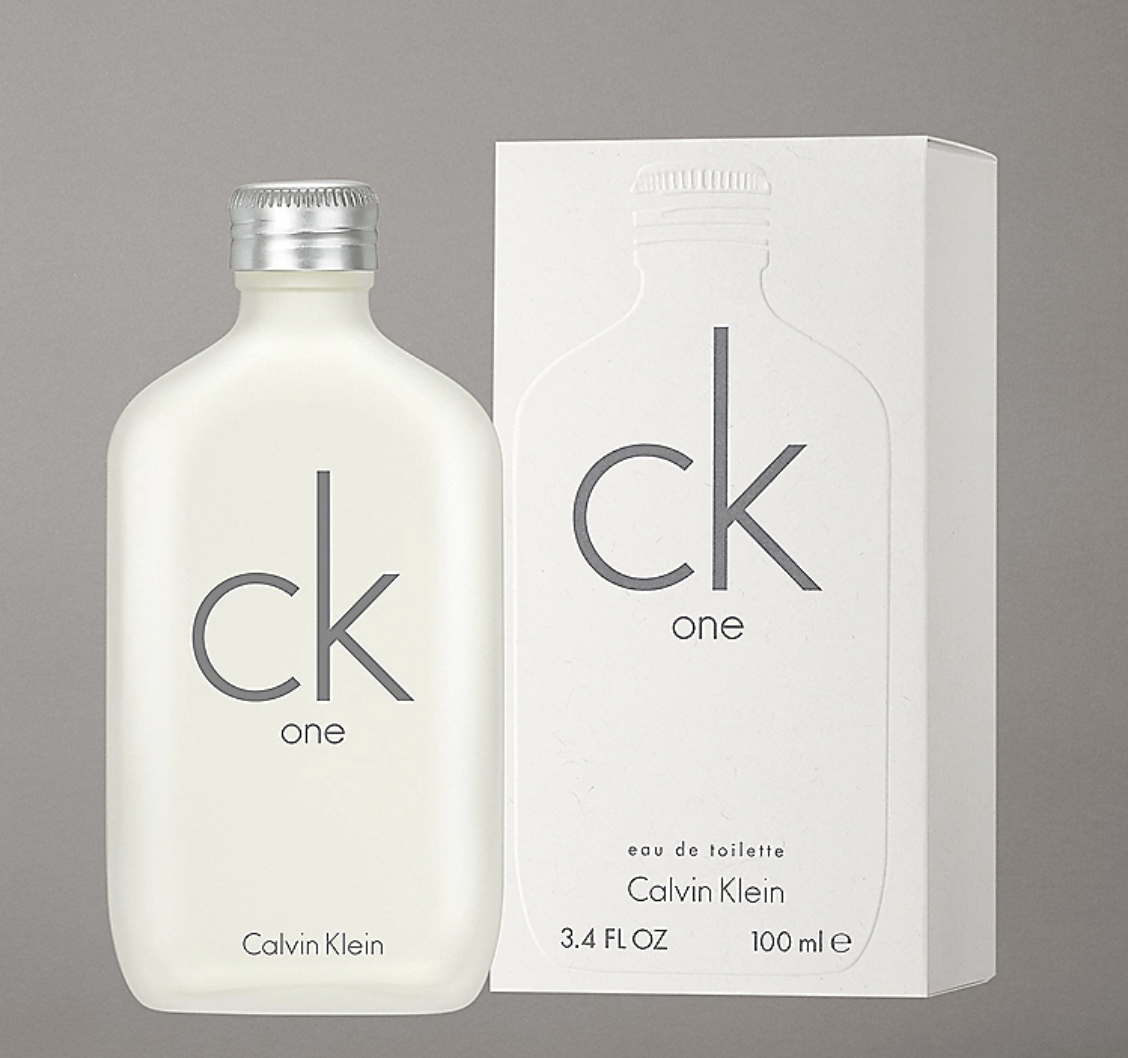Wake Up and Smell the French

France has a reputation that precedes it. Beauty, food, fashion, romance, and locals who, notably, are just as known for their sense of style as they are for the way they smell.
My first week in Paris, I met friends for dinner, an American couple who have called France home for years. From the moment we arrived at the restaurant, they showcased their command of French with ease. As we nibbled on the remains of ratatouille and baked feta, the conversation turned to cultural differences—the kind of observations that foreigners seem to make with ease.
We chatted about it all: the good, the bad, and the unexpected.
“Basically everything you hear is true,” said my friend, referencing clichés about living in Paris as an American.
“Especially the smell,” her husband chimed in.
There is a widespread rumor among Americans that the French smell (not in a good way). More specifically, that they give off body odor, or what Americans not-so-affectionately call BO. Of course, this stereotype is insensitive, offensive, and a cliché. It seems to be most prevalent in American circles.
But is there a whiff of truth to it?
According to Mokko, a former perfume chemist and AUP Masters student, absolutely. “I could smell this man from 100-200 feet away,” she said while describing an encounter with a particularly malodorous delivery man. “I had to hold my breath as I signed for the package.” Her description of his scent was nothing less than putrid. But let’s be fair. This is the story of one man in a city of over 11 million. “I also never ride the métro in the summer because of the smell,” she added.
Mokko didn’t seem to be alone. Other Americans at AUP have pointed to the métro as the culprit, especially during the sweaty summer months. These views are amplified by social media—featuring accounts of people complaining about smelly Parisians.
At the same time, this is the country of perfumes and olfactory senses. The home of perfume culture. They created postage stamps that smell like baguettes. Heck, they established the world’s first olfactory museum. There is no denying the rich history of smell in France.
“Le nez” is not just the French word for nose. It’s an identity, a prestigious one. It refers to a perfumer—highlighting the importance of the sense of smell in the profession and the national identity. Perfumers, or noses, are highly trained professionals with a refined sense of smell, capable of distinguishing and combining different scents to create unique fragrances. This profession also extends to other fields, primarily in the wine industry, where a nez could be a wine critic or sommelier known for their ability to detect and describe the subtle aromas and flavor profiles in wines.
When I asked a French classmate and Masters student, Juliette, about the stinky stereotype, she all but rolled her eyes. “I don’t think it’s true, but there are worse stereotypes about French people.” We didn’t discuss the other stereotypes, but Juliette explained that, in her experience, Americans are hypersensitive to smell. “Americans are obsessed with hygiene and being clean.”
Juliette pointed to makeup and beauty trends that are all over social media, emphasizing the “clean girl” aesthetic. She also mentioned that Americans live in dispersed communities where people drive from one place to the next. Americans aren’t used to being in close proximity to people, much less smelling them, because of their sprawling, car-centric society.
No less than ten minutes after I spoke with Julliete, an American classmate stated that she “cares a lot about her hygiene” during a discussion on shopping habits. This offhand comment shed light on the greater point: your ability to smell has a lot to do with where you grew up.
Americans' sensitivity to body odor is partly influenced by advertising. In the early 20th century, perfumes and antiperspirants were widely considered niche products. As companies sought to expand the market, they promoted the idea that body odor was a serious problem, specifically for women. Advertisements often portrayed bad smells as something that could make women undesirable to men, fueling demand for these products.

Body odor doesn’t carry the same stigma in France as it does in the U.S. While Americans tend to be hyper-conscious about their smell, the French have a more loose association with body odor.
Mokko told me that when she was tasked with adjusting perfumes at Estée Lauder for particular markets, the differences in scent profiles were striking. “Americans love clean. The French love what we in the perfume business call dirty,” she said.
Dirty does not mean foul-smelling. Rather it describes a flavor profile that is earthy and sensual. Whereas Americans prefer one that is transparent, light, and soapy, as if they just took a shower. Mokko referenced Calvin Klein CK One as the embodiment of clean American scents, and Chanel N°5 as the quintessential “dirty” French scent.
So who actually smells bad?
Perhaps a more compelling question is, what does a person's sense of smell reveal about their culture? For hygiene-obsessed Americans in France, the answer may require rethinking their olfactory sensibilities.






